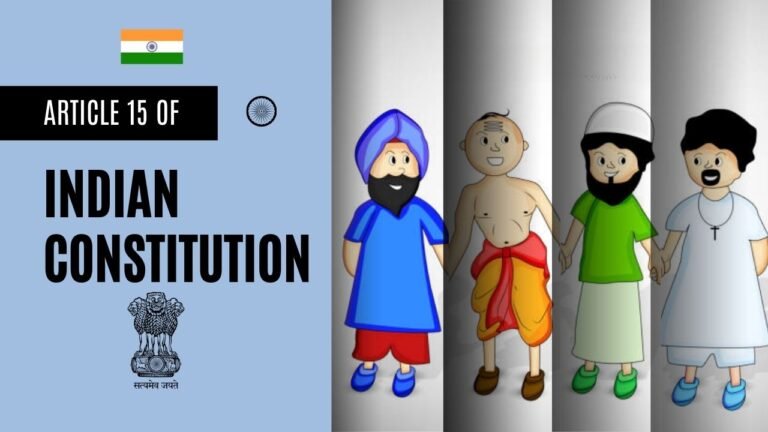Article 110 of Constitution of India – Definition of Money Bills
Article 110 of Constitution of India deals with Definition of Money Bills Original Text of Article 110 of Constitution of India (1) For the purposes of this Chapter, a Bill shall be deemed to be a Money Bill if it contains only provisions Dealing with all or any of the following matters, namely:— the imposition,…


